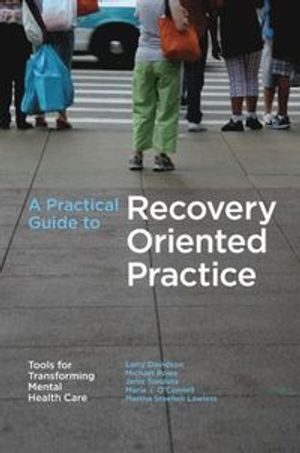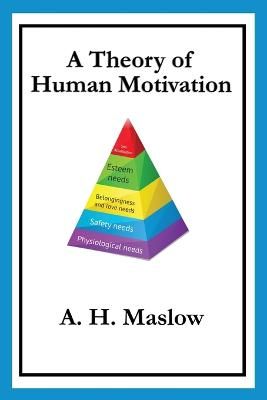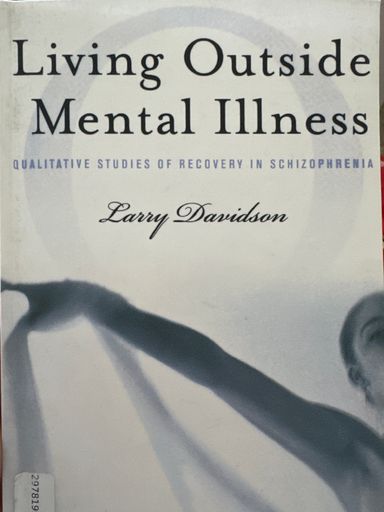

A Practical Guide to Recovery-Oriented Practice
- Utgiven: 2008
- ISBN: 9780195304770
- Sidor: 272 st
- Förlag: OUP USA
- Format: Häftad
- Språk: Engelska
Om boken
This book takes a lofty vision of "recovery" and of "a life in the community" for every adult with a serious mental illness promised by the U.S. President's 2003 New Freedom Commission on Mental Health and shows the reader what is entailed in making this vision a reality. Beginning with the historical context of the recovery movement and its recent emergence on the center stage of mental health policy around the world, the authors then clarify various definitions of
mental health recovery and address the most common misconceptiosn of recovery held by skeptical practitioners and wroried families. With this framework in place, the authors suggest fundamental principles for recovery-oreinted care, a set of concrete practice guidelines developed in and for the
field, a recovery guide model of practice as an alternative to clinical case management, and tools to self-assess the recovery orientation of practices and practitioners. In doing so, this volume represents the first book to go beyond the rhetoric of recovery to its implementation in everyday practice.
Much of this work was developed with the State of Connecticut's Department of Mental Health and Addiction Services, helping the state to win a #1 ranking in the recent NAMI report card on state mental health authorities. Since initial development of these principles, guidelines, and tools in Connecticut, the authors have become increasingly involved in refining and tailoring this approach for other systems of care around the globe as more and more governments, ministry leaders, system
managers, practitioners, and people with serious mental illnesses nad their families embrace the need to transform mental health services to promote recovery and community inclusion.
If you've wondered what all of the recent to-do has been about with the notion of "recovery" in mental health, this book explains it. In addition, it gives you an insider's view of the challenges and strategies involved in transforming to recovery and a road map to follow on the first few steps down this exciting, promising, and perhaps long overdue path.
Åtkomstkoder och digitalt tilläggsmaterial garanteras inte med begagnade böcker
Mer om A Practical Guide to Recovery-Oriented Practice (2008)
I september 2008 släpptes boken A Practical Guide to Recovery-Oriented Practice skriven av Larry Davidson. Den är skriven på engelska och består av 272 sidor. Förlaget bakom boken är OUP USA.
Köp boken A Practical Guide to Recovery-Oriented Practice på Studentapan och spara uppåt 79% jämfört med lägsta nypris hos bokhandeln.
Referera till A Practical Guide to Recovery-Oriented Practice
Harvard
Davidson, L. (2008). A Practical Guide to Recovery-Oriented Practice. OUP USA.
Oxford
Davidson, Larry, A Practical Guide to Recovery-Oriented Practice (OUP USA, 2008).
APA
Davidson, L. (2008). A Practical Guide to Recovery-Oriented Practice. OUP USA.
Vancouver
Davidson L. A Practical Guide to Recovery-Oriented Practice. OUP USA; 2008.



















